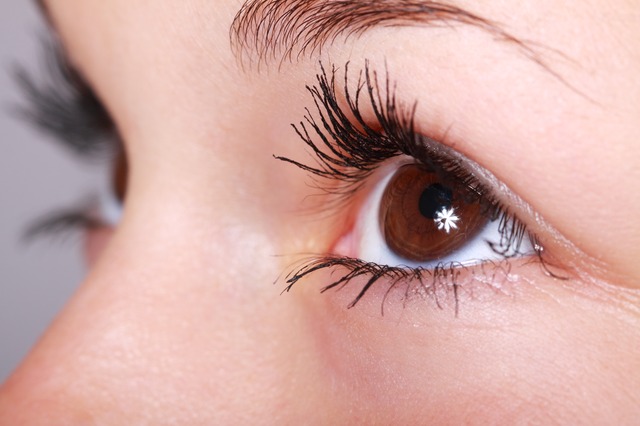- Calls to this hotline are currently being directed to Within Health or Eating Disorder Solutions
- Representatives are standing by 24/7 to help answer your questions
- All calls are confidential and HIPAA compliant
- There is no obligation or cost to call
- Eating Disorder Hope does not receive any commissions or fees dependent upon which provider you select
- Additional treatment providers are located on our directory or samhsa.gov
Dialectical Behavioral Therapy Techniques and Body Image

Contributor: Dena Cabrera, Psy.D., CEDS, is the Clinical Director of the Rosewood Centers for Eating Disorders.
The Impact of Body Image
We’ve all been there.
The camera snaps a picture and you take a look to see what the camera captured only to realize that shadows distorted the image, creating the illusion that you look much differently than you actually do.
For those who suffer from body image distortion, that illusion is their reality. These individuals may:
- Have a distorted perception of their weight, shape, and size
- Be convinced that other people are attractive but they themselves are not
- Feel ashamed or anxious about their appearance
- Feel uncomfortable or awkward in their own body
The Body Image and Eating Disorder Connection
The problem with negative body image is that it can ultimately lead to an eating disorder. Once the anxiety and pressure to achieve and maintain an imaginary appearance begins to dictate eating habits and actions, an eating disorder has taken hold.
Restricting or purging food can set in motion a pattern of behavior that is not only difficult to break, but dangerous. In order to successfully treat an eating disorder, body image distortions must also be addressed.
What is Dialectical Behavioral Therapy?

We are surrounded by emotions and thoughts. Some are positive and others not. These emotions and thoughts can create an internal set of rules on how to behave.
DBT teaches individuals how to recognize those thoughts that trigger reactive emotional states to help find the middle ground; a place where destructive thoughts can be observed from a non-judgmental view-point, breaking the connection between emotions and reactive behavior.
By acquiring the skill set to reduce emotional reactivity, those who struggle with a variety of self-destructive patterns are better able to recognize and manage their circumstances.
The Duality of Change
DBT combines standard cognitive-behavioral techniques with mindfulness to create change alongside of self-acceptance. At its core, mindfulness teaches individuals how to accept and tolerate powerful emotions.
At first, this may seem like a paradox. How can one learn acceptance while simultaneously commit to change? It’s about finding the middle ground, a space where non-judgment can coexist with new patterns of behavior.
How Does DBT Help Body Image?

DBT teaches the skills necessary to regulate emotions by teaching mindfulness techniques that allow for balance and self-acceptance. These skills are used to challenge body image distortions when they surface, as well as the shame and fear that often accompanies eating disorders and negative body image.
The mindfulness techniques taught in DBT take time and practice to adopt. But with that time and practice comes the path to a happy and healthy life.
About the author:
Dena Cabrera, Psy.D., CEDS, is the Clinical Director of the Rosewood Centers for Eating Disorders. Dr. Cabrera oversees all clinical aspects of patient care, leads program development and directs staff training and supervision throughout the Rosewood system.
Prior to being appointed as Rosewoods’ Clinical Director, Dr. Cabrera served two years in the role of Clinical Director of Adolescent Services, and Director of The Rosewood Institute.
The opinions and views of our guest contributors are shared to provide a broad perspective of eating disorders. These are not necessarily the views of Eating Disorder Hope, but an effort to offer discussion of various issues by different concerned individuals.
Last Updated & Reviewed By: Jacquelyn Ekern, MS, LPC on June 25th, 2015
Published on EatingDisorderHope.com
